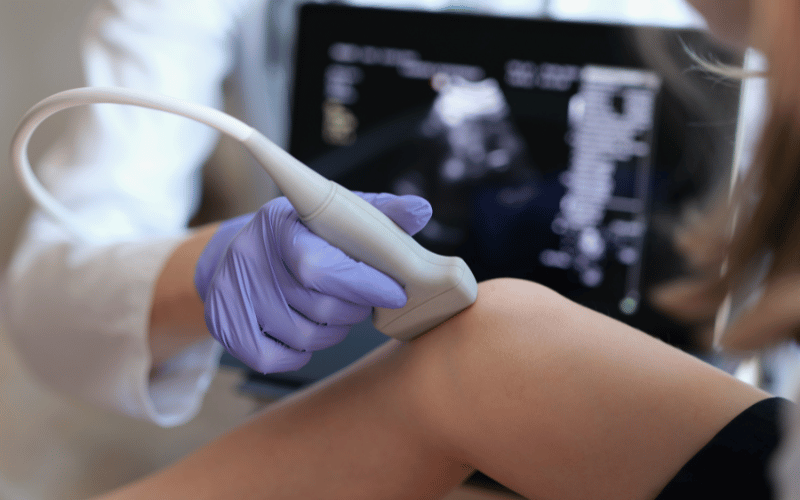16. Rheumatologic Conditions: Eosinophils in Joint and Muscle Disorders

Rheumatologic conditions, affecting the joints, muscles, and connective tissues, can sometimes be associated with eosinophilia. This section discusses how autoimmune and inflammatory rheumatologic disorders can lead to an increase in eosinophils, focusing on common conditions that cause this response and the implications for treatment.
In conditions like rheumatoid arthritis or lupus, eosinophils can be part of the inflammatory process. They contribute to tissue inflammation and damage in joints and muscles, complicating these conditions.
Specific conditions like eosinophilic fasciitis and certain vasculitides are known to involve an eosinophilic component. These conditions can lead to symptoms like joint pain, swelling, and muscle weakness, along with the specific symptoms related to eosinophilia.
Diagnosis typically involves rheumatologic evaluations, blood tests, and imaging studies. Managing these conditions requires a combination of treatments for the rheumatologic disorder and eosinophilia, often involving corticosteroids and immunosuppressive medications.
Treatment strategies must be tailored to the specific rheumatologic condition and the individual’s overall health. This includes adjusting medications based on symptoms and eosinophil levels and considering lifestyle modifications for joint and muscle health. (16)